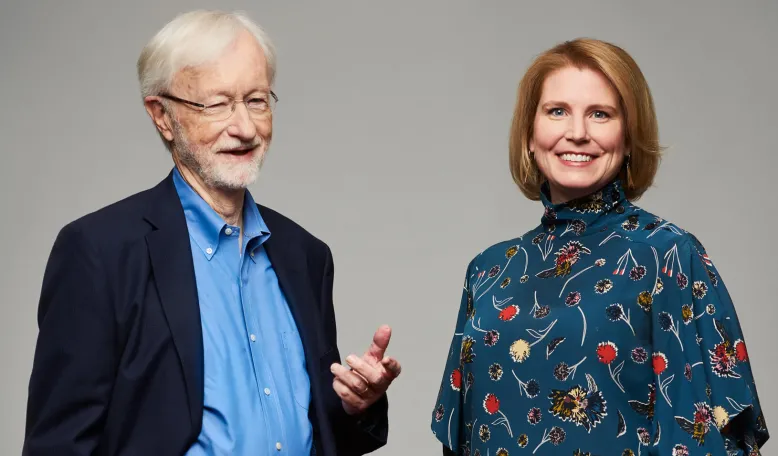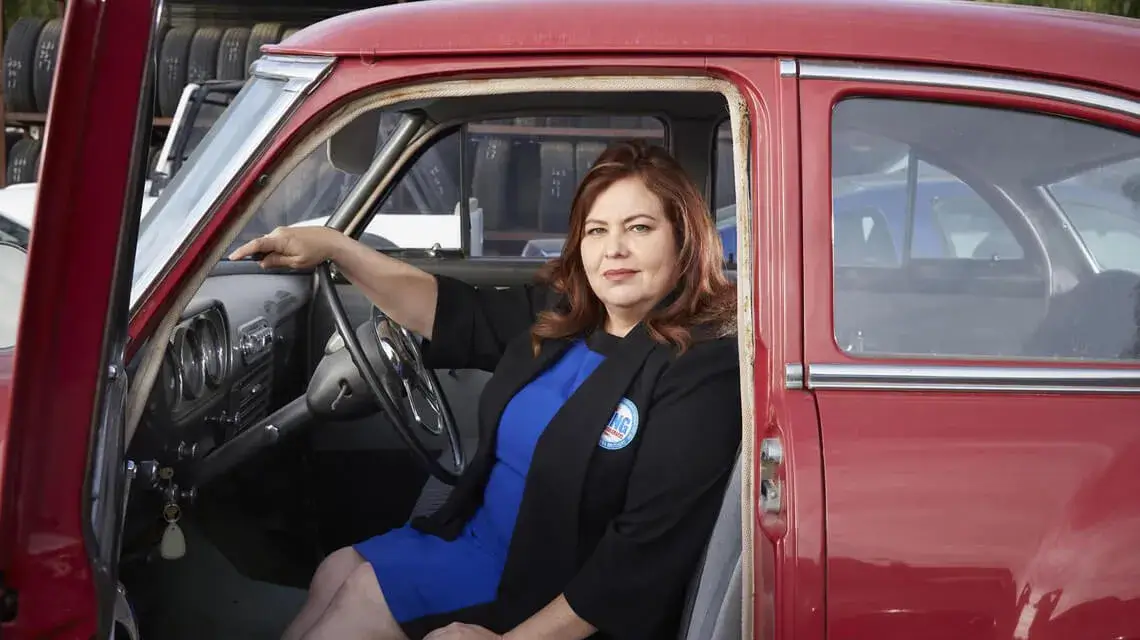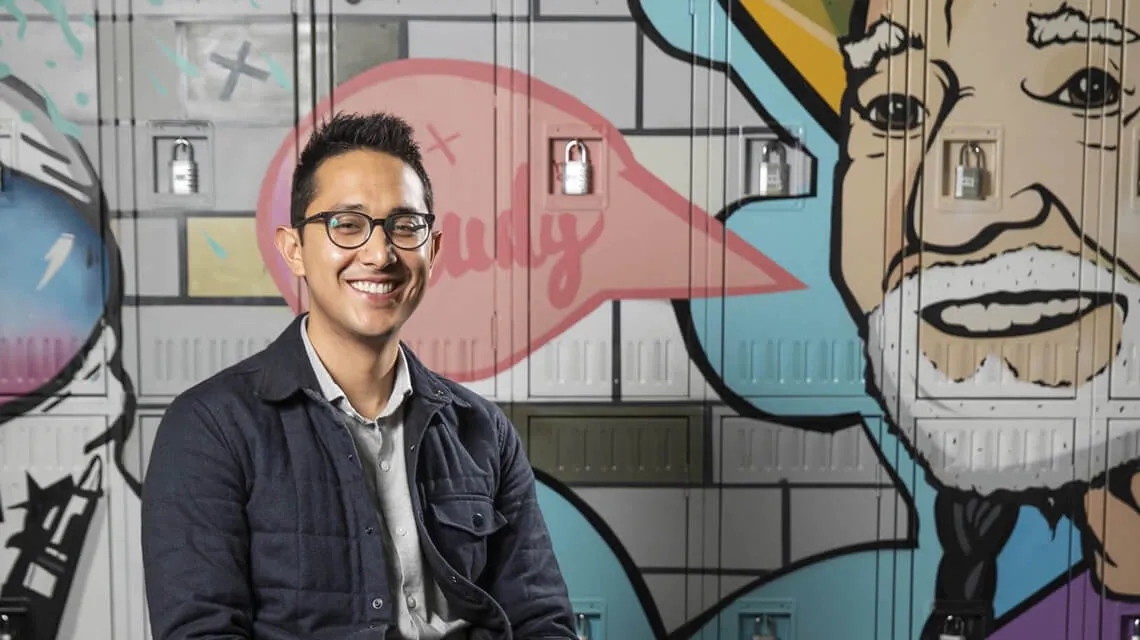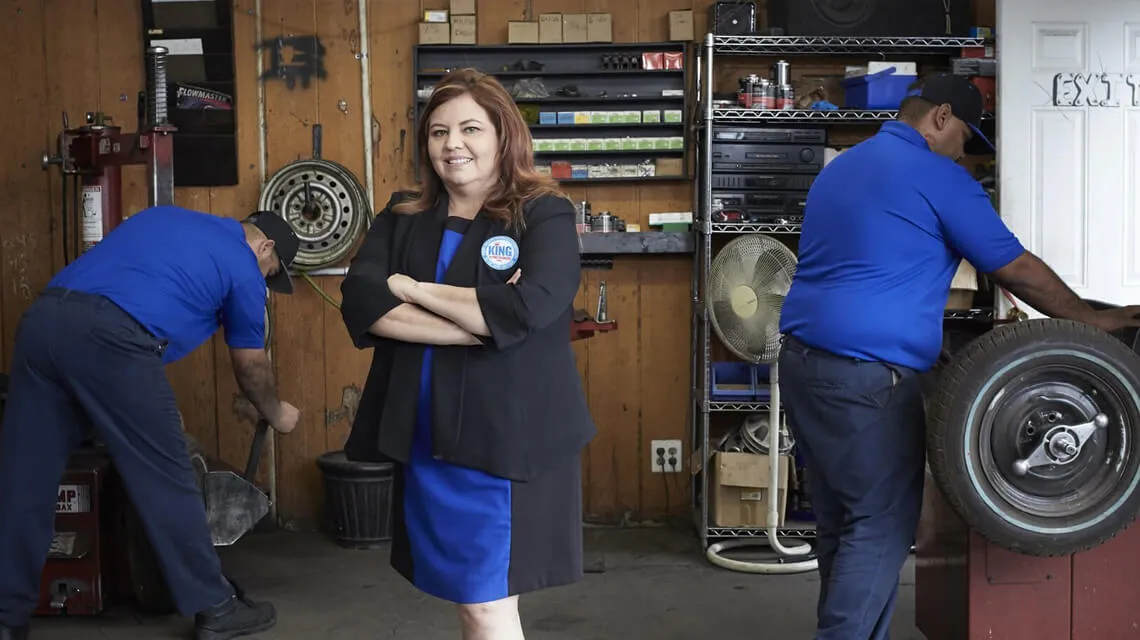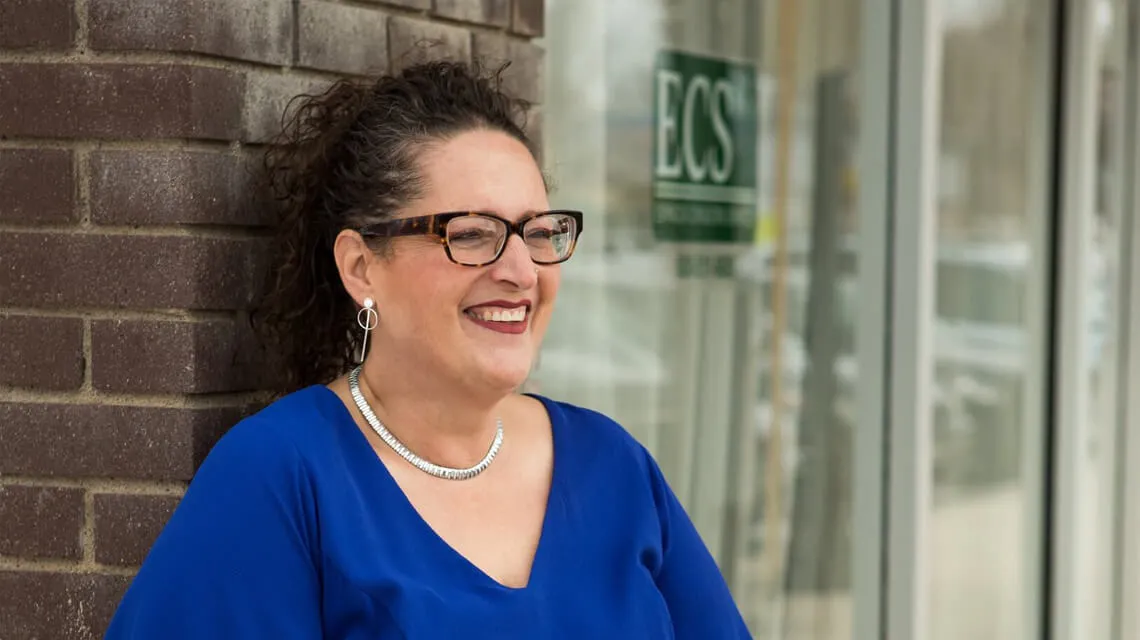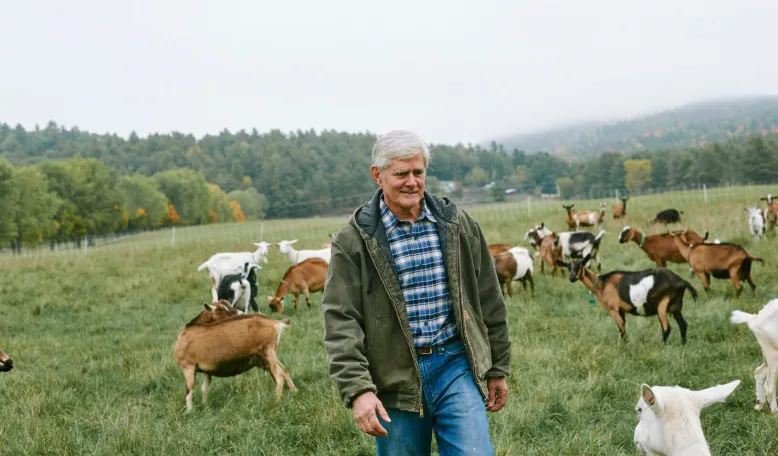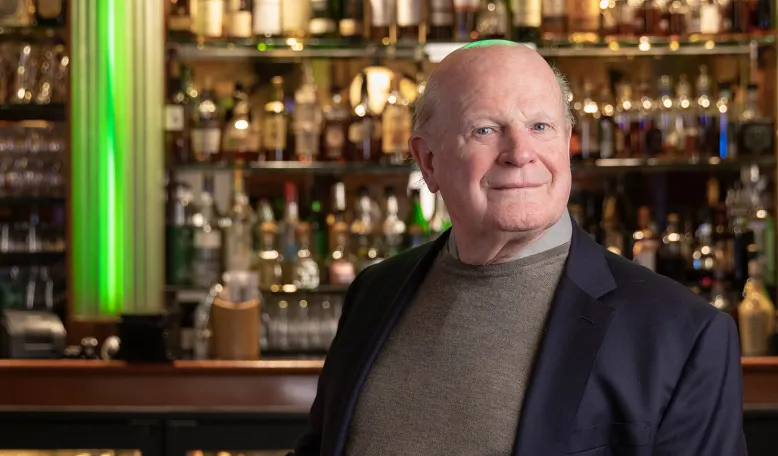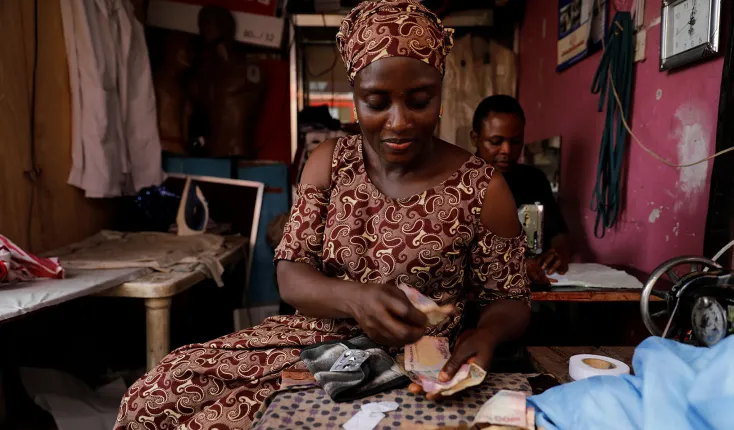Explore all of the stories from the Spring 2019 issue of Stanford Business magazine.
An End to Traffic Jams? It Might Not Be a Dream
Three new technologies could end the nightmare of commuting.
How Stanford GSB Alumni Are Helping an Appalachian Town Move Beyond Coal
Social entrepreneurs Daryn Dodson, MBA ’07, and Jenna Nicholas, MBA ’17, are building a more just, sustainable, and prosperous world — one community at a time.
Beyond Social Networks: How Cultural Beliefs Really Spread
From anti-vaxxing to gun control, the propagation of beliefs and behaviors is influenced as much by the meanings we ascribe to them as by our social circles.
Why Every Business Will Soon Be a Subscription Business
Everything you purchase — from transportation to entertainment to groceries — will soon come with a monthly plan, says Zuora CEO Tien Tzuo.
The Biggest Antitrust Story You’ve Never Heard
The rise of institutional investors threatens competition, hurts consumers, and might qualify as a new kind of monopoly.
Many people are skeptical that protests matter to electoral outcomes, but our paper finds that they have a profound effect on voter behavior.
—Sarah A. Soule
How Protests Can Swing Elections
Can a Giant Company Behave Like a Startup?
Stanford GSB faculty reveal the art of engineering entrepreneurialism within existing organizations.
Big Data Is Giving an Edge to Big Companies
The growth gap is widening between large and small companies. A new study offers a surprising explanation.
Reshaping Markets to Solve Poverty and Inequality
Academics, investors, and nonprofit leaders on how to find innovative solutions for the world’s starkest problems.
Car 3.0? A Robot With Wheels
Nio U.S. CEO explains that cars of the future will be built on software.
Bringing Bankless Banking to East Africa
Tanzania’s Benjamin Fernandes took his Stanford MBA and went home.
Overcoming Barriers for Latino Business Owners
While the number of Latino businesses is growing faster than any other demographic, most of those businesses start small and stay small.
In this five-part series, Stanford Business explores the latest findings from a survey of more than 5,000 U.S. Latino business owners and asks four to share their stories firsthand.
Risks and Rewards of the Mysterious Private Stock World
Private marketplaces are thriving as companies leverage a valuable recruitment tool.
Shoved off the Retirement Cliff?
New research shows 40% of American retirees would prefer to be working.
A Long, Slow Journey Back to the Farm
It took three decades, but Stanford MBA David L. Brunner eventually left a high-powered banking career to rebuild a New York dairy farm.
The Surprising Power of Small Data
More information isn’t necessarily better in health care — or business.
Charles Shaw, MBA ’71: The Risk of Rigidity
This Stanford GSB graduate is sanguine about the best-selling wine brand that bears his name and has made millions of dollars — for someone else.
Finding a Low-Cost Treatment for Clubfoot
Chesca Colloredo-Mansfeld’s journey from online retail to academia to a healthcare nonprofit has paid off in ways that can’t be measured.






